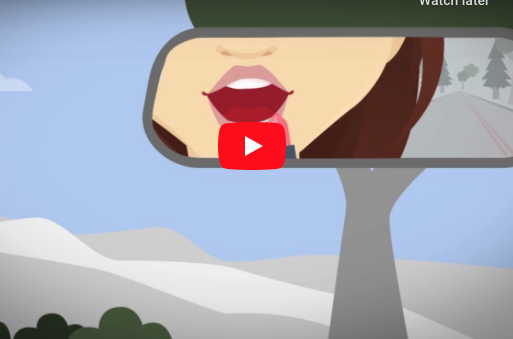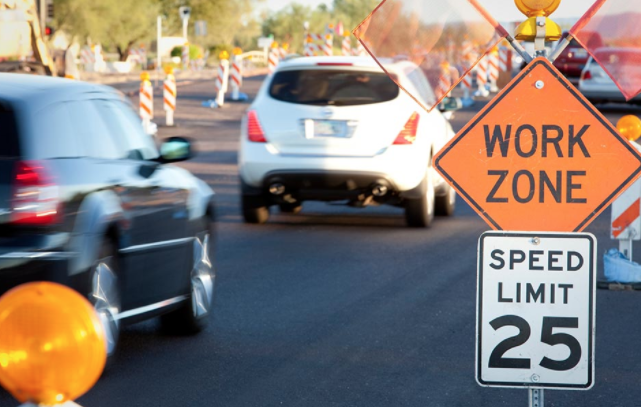How Distracted Driving Can Increase Your Premium
Emily Guy Birken

Most drivers are aware of the dangers of driving while distracted. However, something that many drivers do not realize is that in addition to the legal ramifications, these distractions can affect the premiums you pay for your car insurance.
While any number of things can distract a driver from the road — including eating, adjusting the sound system, or talking to people in your vehicle — the distraction that often has the biggest and most dangerous impact is using a cell phone or other mobile device while driving.
According to National Highway Traffic Safety Administration (NHTSA) data, driving while distracted killed 3,477 people in 2015 and injured an additional 391,000. The vast majority of those accidents occurred because the driver was using a cell phone.
While concern about accidents should be enough to deter drivers from engaging in this risky behavior, state legislatures are also adding financial penalties to distracted driving.
Here’s what you need to know about the financial and legal penalties for driving while distracted.
Distracted Driving and State Laws
With the exception of Arizona, Missouri, and Montana, all U.S. states, as well as the District of Columbia, Puerto Rico, Guam, and the U.S. Virgin Islands, have instituted a ban on texting while driving for drivers of all ages.
Most states have made texting while driving a primary offense, which means law enforcement has the right to pull over an offender simply for violating the ban.
In states where the texting prohibition is a secondary offense for those over the age of 18, such as Florida, Nebraska, Ohio, and South Dakota, the texting ban can only be enforced if the driver is also violating a primary offense. For example, if a driver fails to stop at a stop sign because she is distracted by her cell phone, the officer who pulls her over for failing to stop can also cite her for texting while driving. Read More




























